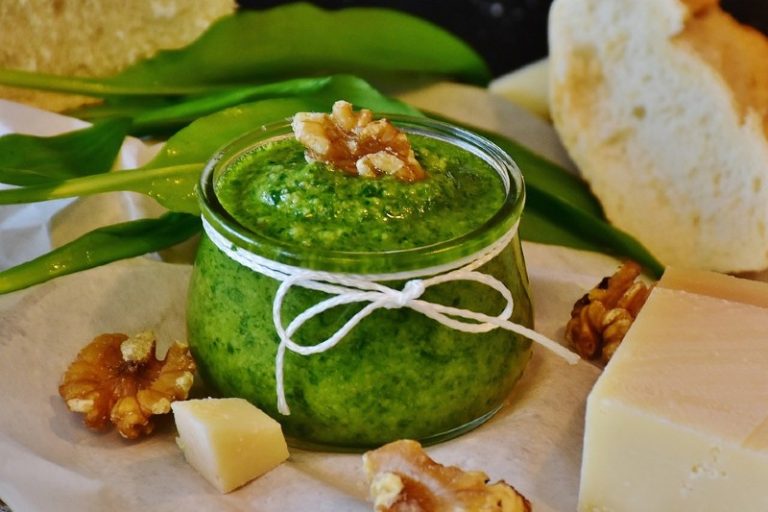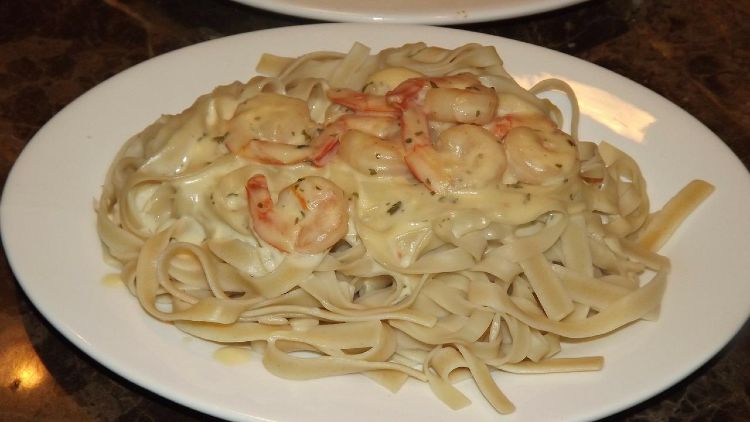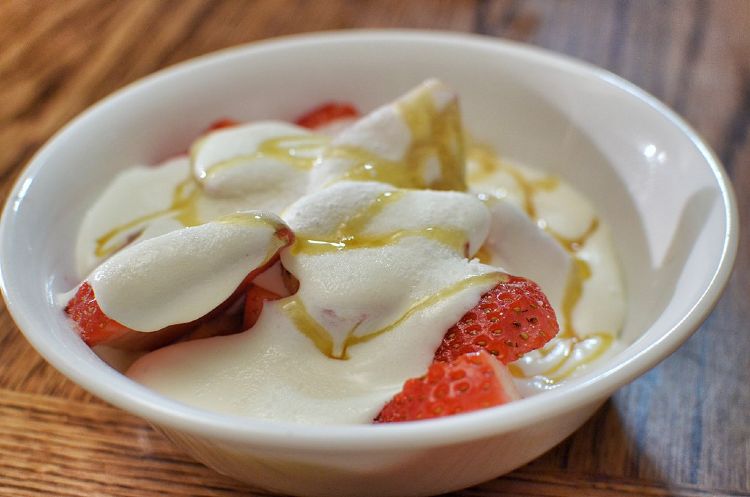The Dog Days of Summer
The dog days of summer are here. Sirius, the brightest star in the Canis Major constellation shines down on sultry air, as August rains pour down on my heaving, drooping kitchen garden.
There is much to do and fleet footed urgency holds fast my attention. Plums, pears and quinces must be harvested as well as the first of my Bramleys, flowering marjoram, bay leaves and lovage seeds, as well as cobnuts and walnuts. Poppy seed heads shake and rattle in the wind as the last of the solitary bees take refuge in the tiles of my tithe barn.
My borders need cutting back, my salads need harvesting, my sweet peas need picking and my pots need watering. These are the relentless, restless days of the year when neither man nor beast looks up for fear of staring Autumn in the face.
Rudyard Kipling named this moment thus:
“There’s a whisper down the field where the year has shot her yield,
And the ricks stand grey to the sun,
Singing “Over then, come over, for the bee has quite the clover,
And your English summer’s done.”
In the long pastures past my garden the combine harvesters are at race with the clock, their wheels turning noisily against the backdrop of green and gold that will soon give way to the amber and ochre of autumn.
The roses are all spent and hips cover their spindly branches, whilst hawthorn and rowan hedges are dotted with ripening sloes and hedgerow berries.
All the hard work and thoughtful planning that has gone into nurturing my fragile wedge of a kingdom known as “self-sufficiency” is now at its thinnest end. I have to work fast if all is to be brought in. I wrap my orchard fruit in tissue paper and line in rows in wooden crates which are placed in my cold larder, on the bare brick floor. I eat the last of the late raspberries with clotted cream and hot Welsh cakes cooked on the griddle.
My housekeeper Mrs. Cripp takes home great baskets filled with coloured chard, cavolo nero, crab apples and courgettes, but even she, mother of five and grandmother of six, cannot cope with the size of the glut.
We set aside a box for the vicar, a box for the Harvest Festival at the village hall and the rest of the produce I sell on a rusty wrought iron trolley I place on the curb outside my house. It all disappears overnight, goodness knows where, as does the honesty box I put out every year in the hope of seed money for my new year’s travails. I am too slow in bringing the box in, and I fear the same gypsies that make their way across our back lanes into town get to it faster than me.
I have done quite well in selling fresh strawberries, red currants, mint, potatoes, artichokes, carrots and spinach to the local pub this year. I have also taken in great bunches of dahlias, daisies, verbena bonariensis and penstemons, as the landlady told me she spends a fortune on florists every year. I walk to the pub with my wares in ancient trugs I bought in a reclamation yard and exchange them all for a few pints of the local ale and a plate of fish and chips. Nothing has ever tasted so good as the meal paid for by working the soil: it’s human barter of the most basic kind, and I find a deep and visceral pleasure in it.
Already I am preparing the kitchen garden for winter’s diminishing returns. Straw, manure and compost are left to cover the bare earth and all the tender plants, tomatoes, chillies and cucumbers are all cut back and disposed of. The greenhouse glass is washed and wiped, its floor swept and my olive, citrus and lemon verbena plants left to over-winter in its pristine quiet.
Herbs are cut and tied with twine, hung upside down on hooks in the pantry and dried. The ones I love best are thyme, oregano, bay and lavender, the rest just turn to dust. I leave as many herbs to go to seed as Mother Nature will let me: the late rains have turned much of the herb garden into a forest. Next year will surrender many a self-seeded volunteer.
In the kitchen Kilner jars are washed and laid out on baking trays to go into the oven, the soft spluttering noises of bubbling jams and chutneys soothe my tired head. When winter grips this landscape I will be glad of all the hours I have spent putting summer’s yield into glass, but for now all I can think is that there is more to do than fragile daylight allows.
“How well I know what I mean to do, when the long, dark autumn evenings come” wrote Robert Browning. And so do I: pumpkins, mushrooms and ripe cheese a-plenty, I will be making risotti and pies. I shall sit in my kitchen, my old dog Colonel Rufus by my feet and my hands sorting through jar labels, seed catalogues and the inventory of things to buy for the season ahead. I shall drink a cider toast or two to absent friends that have helped me throughout the busy days of spring and summer, and I shall patiently plot on. There is life in this old dog yet.



